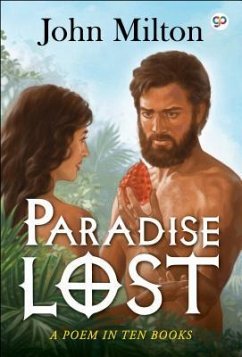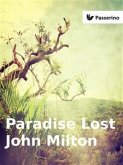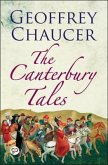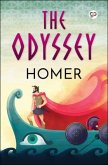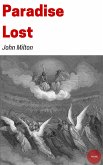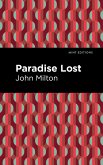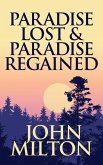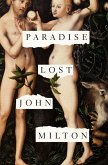The epic poem Paradise Lost tells the Biblical Story of Adam and Eve, their temptation by Satan, and their expulsion from the Garden of Eden. Through thousands of lines of poetry and over twelve books, it explores God's relationship to mankind and human morality. Written when Milton was in his fifties - blind, bitterly disappointed by the Restoration and in danger of execution - Paradise Lost's apparent ambivalence towards authority has led to intense debate about whether it manages to 'justify the ways of God to men', or exposes the cruelty of Christianity.
About the Author: John Milton was an English poet, polemicist, man of letters, and a civil servant for the Commonwealth of England under Oliver Cromwell. He wrote at a time of religious flux and political upheaval, and is best known for his epic poem Paradise Lost, written in blank verse. Milton's poetry and prose reflect deep personal convictions, a passion for freedom and self-determination, and the urgent issues and political turbulence of his day. Writing in English, Latin, Greek, and Italian, he achieved international renown within his lifetime, and his celebrated Areopagitica -written in condemnation of pre-publication censorship-is among history's most influential and impassioned defenses of free speech and freedom of the press. William Hayley's 1796 biography called him the 'greatest English author,' and he remains generally regarded 'as one of the preeminent writers in the English language,' though critical reception has oscillated in the centuries since his death.
About the Author: John Milton was an English poet, polemicist, man of letters, and a civil servant for the Commonwealth of England under Oliver Cromwell. He wrote at a time of religious flux and political upheaval, and is best known for his epic poem Paradise Lost, written in blank verse. Milton's poetry and prose reflect deep personal convictions, a passion for freedom and self-determination, and the urgent issues and political turbulence of his day. Writing in English, Latin, Greek, and Italian, he achieved international renown within his lifetime, and his celebrated Areopagitica -written in condemnation of pre-publication censorship-is among history's most influential and impassioned defenses of free speech and freedom of the press. William Hayley's 1796 biography called him the 'greatest English author,' and he remains generally regarded 'as one of the preeminent writers in the English language,' though critical reception has oscillated in the centuries since his death.
Dieser Download kann aus rechtlichen Gründen nur mit Rechnungsadresse in A, D ausgeliefert werden.

